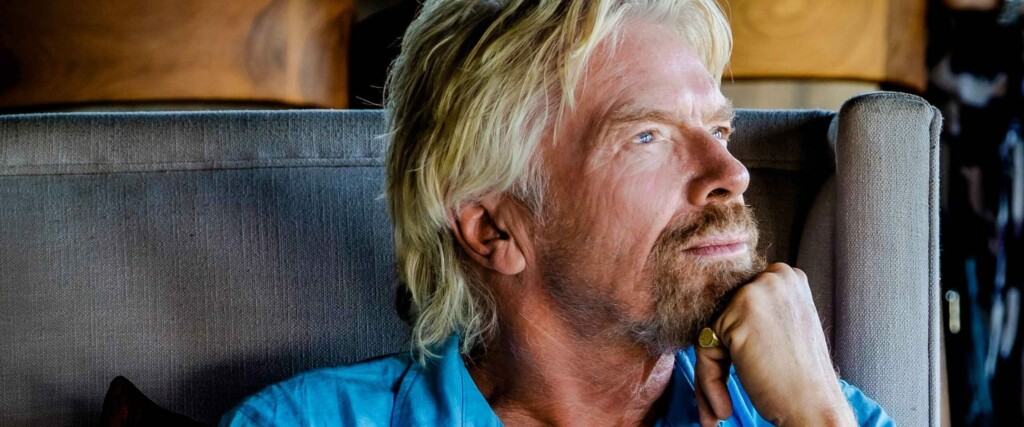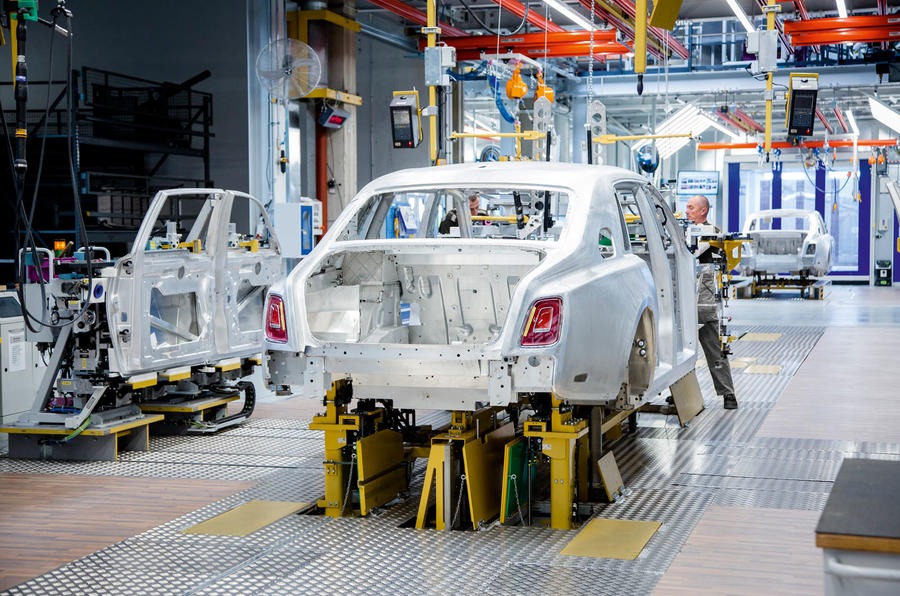Sir Richard Branson – he’s the CEO and founder of Virgin Group, he’s worth an estimated $4 billion, and he’s neurodiverse. Amongst many other high-profile individuals who have been incredibly open about their neurodiverse conditions (Greta Thurnburg, Elon Musk, Steve Jobs to name but a few), Richard Branson has acted as a role model for many, bringing awareness and acceptance of neurodiversity, not just in business but to the wider world as well. That being said, Richard Branson recently sat down with The Times and proudly stated “dyslexia is my superpower”. Now, he’s not the first person to promote neurodiversity as a superpower, but he is probably one of the most famous. And that could be a problem.

Before understanding why Sir Branson’s particular brand of advocacy might be harmful, we must first understand the current societal context in which it was said. Neurodiversity, although a term only coined relatively recently by renowned sociologist Judy Singer, is getting more attention than ever before, which in no small part is thanks to the attention Branson and other high-profile individuals have brought to the concept, which is and should always be seen as, incredibly commendable. In fact, over the last five years searches for the term “Neurodiversity” have increased by 7,100% and then a further 300% in the first half of 2022 alone.
With this attention, we have seen a plethora of changes being brought in to support neurodiverse individuals, particularly in the workplace. More and more companies are implementing neurodiverse-friendly practices in the office, the range of assistive technology and software available to employers is wider than ever and, more importantly, some would say, easier to access than ever. Many companies are even changing their recruitment practices to help support neurodiverse employees from the very start of their journey.
Again, we can see trailblazers in this aspect, Rolls Royce for example, who recently adjusted their internship selection process to be more neurodiverse inclusive, by making only a few small minor changes:
- Giving applicants advanced sight of information in problem-solving scenarios, reflecting the time they would have in the workplace.
- Ensuring information was as accessible as possible and using clear, easy-to-read fonts and phrasing.
- Acknowledging that some students experience digital fatigue and may need to turn cameras off during longer online sessions.
- Recognising that judging tone of voice and levels of eye contact can be inappropriate for neurodiverse applicants.

By doing so, Rolls Royce ensures that every single applicant has a level playing field, allowing every single participant to show their skills fairly, neurodiverse or otherwise. This is just one of many examples of ways that companies are now recognising the need for neurodiversity policies.
With all that being said, surely Richard Branson’s comments pushing neurodiversity as a superpower is a good thing? Not necessarily. The idea of being a superhero – someone who’s magically better than most people, who can do no wrong and can solve problems with just a swoop of their cape remains on the pages of comic books for a reason. Because it’s not real. Sure, some people with Dyslexia are powerhouse creatives, imagining incredible dreamscapes – but then again, some are not. Some people who have ADHD can be laser-focused, spotting minute coding errors in behemoth programs – but then again, others cannot. Putting neurodiverse individuals on these superhero pedestals creates a huge amount of, often unobtainable, expectations in front of people who already are faced with more challenges than most in their everyday lives. With neurodiverse individuals already being more susceptible to stress and poor mental health, do we really need to be adding more to that pile? Especially when it comes from the very movement that’s meant to be improving things.
Companies being more aware of an increasingly neurodiverse workforce is a fantastic thing, but expecting productivity to increase and solutions to become more innovative overnight, just because they’ve hired a Dyslexic member of staff is about as realistic as expecting people to figure out that Superman is just Clark Kent without the glasses. Neurodiverse individuals are just that – they’re individuals. Support, awareness and acceptance of neurodiversity must be made on an individual basis, without sweeping generalisations or stereotypes, even if they are in the positive mindset of having a superpower.
Going back to Judy Singer discussing this very topic in 2019, she said “The overselling of neurodivergent strengths is an inevitable reaction and a necessary correction to the historical devaluation of neurodivergent people. And just as inevitably, time and experience will reality test its claims. Despite the ambitious goals of ‘Neurodiversity in the Workplace’, I am pretty sure that what will eventually be discovered is that there is nothing new under the sun, nobody is perfect, and humans are complex and difficult.”

Richard Branson stated, “dyslexia is my superpower” and that’s fantastic. Dyslexia has helped Richard Branson see the world through a different lens and achieve amazing feats. But the keyword there isn’t actually ‘dyslexia’, but ‘my’ – what has been an incredibly powerful asset for one, may not be the case for another.
And that’s just it – humans are complex. Sure, many neurodiverse individuals have achieved phenomenal achievements, and many more will continue to do so. But some won’t. Some are just regular people, albeit with a little bit of different wiring compared to what society determines as “normal”. And there’s absolutely nothing wrong with that.
Looking for more from ToHealth?
Looking to find out how we support Dyslexia in the Workplace? Click here to read more about it! Or maybe you’re looking for how ToHealth is revolutionising health screening through the use of Epigenetics, then click here.